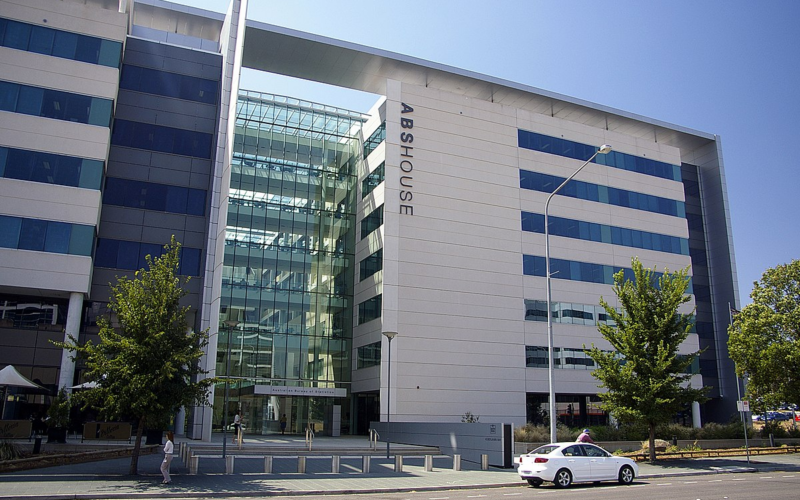Australia’s inflation data, set to be released on Wednesday, could significantly impact the political landscape and possibly lead to an early election. Economists predict that headline consumer prices for the June quarter will rise to an annual rate of 3.8%, up from 3.6% in the previous quarter. Core inflation is expected to remain steady at 4%. These figures, if accurate, will put additional pressure on the Reserve Bank of Australia (RBA) to increase its cash rate to 4.6%, marking the 14th rate hike in this cycle.
The Australian Bureau of Statistics will release the inflation data at 11:30 AEST. Should the data meet or exceed expectations, there will likely be calls for early interest rate cuts to prevent the economy from slipping into recession. The RBA aims to bring inflation down to its target range of 2-3% by the end of 2025, but this may require further rate increases. Since May 2022, the RBA’s rate hikes have significantly increased monthly mortgage repayments, impacting household budgets and business costs.
The investment bank UBS predicts that the RBA will raise its cash rate to 4.6% next week, noting that the Consumer Price Index (CPI) has remained above the RBA’s target band for 12 consecutive quarters. The RBA has made it clear that it has a low tolerance for allowing inflation to return to target more slowly than expected, as it could erode public confidence in its commitment to maintaining low and stable inflation.
Globally, Australia is almost alone among wealthy nations considering another rate hike, with other major economies like Canada and the European Union starting to cut rates. This global trend might influence the RBA’s decision, potentially prompting them to hold rates steady.
Politically, the Albanese government’s popularity may hinge on these inflation numbers. A positive inflation report might encourage the government to call for an early election before Christmas, assuming the RBA’s job is perceived as done. However, another rate hike could delay election plans until the current term ends next May.
Shadow Treasurer Angus Taylor has criticized the government’s handling of the economy, blaming “Labor’s homegrown inflation crisis” for the financial pain faced by Australians. He claims that Australia is the only country among the top 10 economies experiencing higher inflation compared to the end of 2023. Treasurer Jim Chalmers, on the other hand, attributes the inflation persistence to external factors such as global oil prices and geopolitical tensions in the Middle East.
Research from ANZ senior economist Blair Chapman suggests that much of the inflation this year is driven by administered or indexed prices, which are less responsive to interest rate changes. Non-administered and non-indexed inflation has declined notably and is now within the RBA’s target range on a six-month annualized basis. Therefore, an additional rate hike might slow economic activity, reduce employment growth, and increase unemployment, potentially making a case for the RBA to hold fire.
As the nation awaits the crucial CPI figures, the data could indeed light the fuse for significant political and economic decisions in the coming months.








